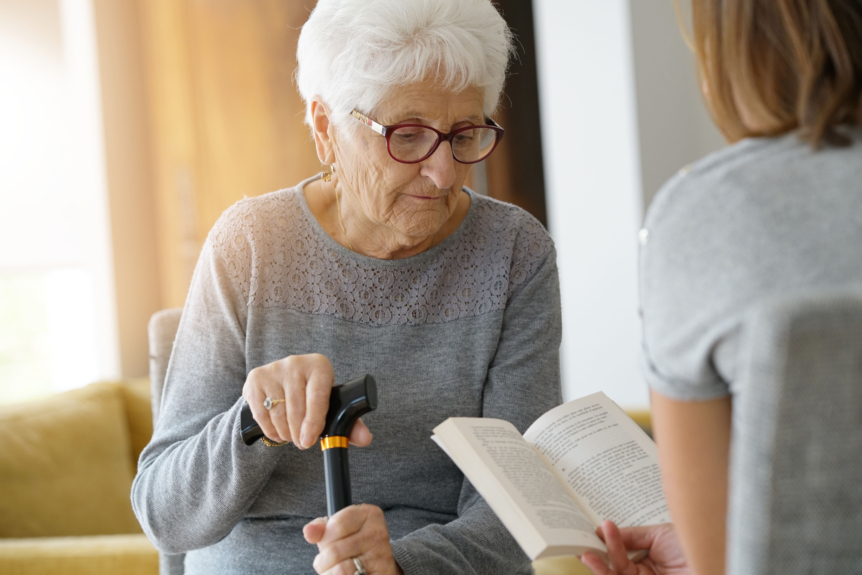Cognitive stimulation is essential for maintaining the mental health and wellbeing of elderly clients. As a caregiver, it’s important to provide activities and techniques that stimulate the cognitive function of your elderly clients. In this article, we’ll provide tips on activities and techniques for stimulating cognitive function, including memory exercises, brain games, and social activities.
1.Memory exercises: Memory exercises can help elderly clients improve their cognitive function and memory retention. Activities such as remembering a list of items or recalling past events can be helpful. Encourage your clients to write things down, such as a to-do list or upcoming appointments, to help them remember important information.
Related Post : .
2.Brain games: Brain games such as crossword puzzles, Sudoku, and word games can help improve cognitive function, focus, and memory. These games are also fun and engaging, which can help improve the client’s mood and overall wellbeing.
3.Social activities: Social activities, such as group outings, family visits, or community events, can provide an excellent opportunity for elderly clients to engage with others and exercise their cognitive skills. Encourage clients to participate in group activities, such as book clubs or hobby groups, to help them stay socially engaged and active.
4.Reading and storytelling: Encourage elderly clients to read books or listen to audiobooks. Reading and storytelling can help improve cognitive function and keep the mind active. They can also provide a source of entertainment and relaxation.
5.Music therapy: Music therapy is a form of cognitive stimulation that can help elderly clients improve their cognitive function and emotional wellbeing. Listening to music, singing, or playing a musical instrument can help improve cognitive skills such as memory, attention, and mood.
Providing cognitive stimulation for elderly clients is essential for maintaining their mental health and wellbeing. Caregivers can use activities and techniques such as memory exercises, brain games, social activities, reading, storytelling, and music therapy to help improve their client’s cognitive function. By engaging in these activities, caregivers can help their clients stay mentally active and improve their overall quality of life.

